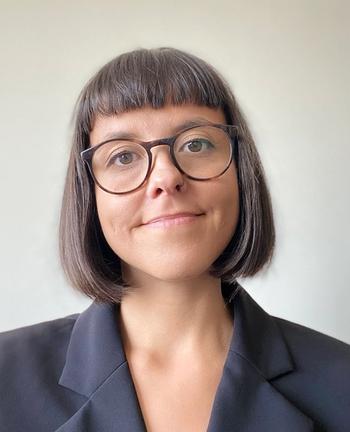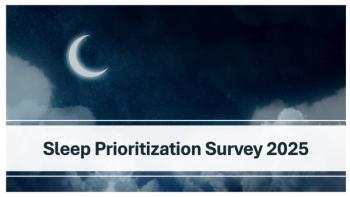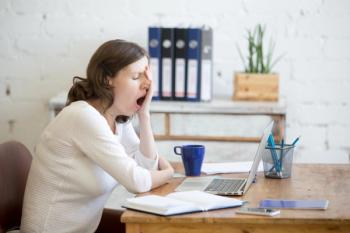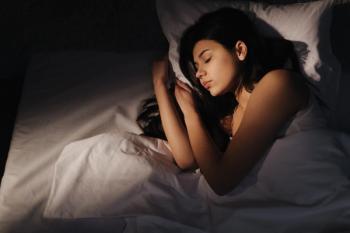
More Than One-Third of Americans Sometimes Sleep in Another Room To Accommodate a Partner
Leaving the room because of how a partner sleeps is surprisingly common, a survey found. People make all sorts of other accommodation, too.
Some 35% of Americans say they occasionally or consistently sleep in another room to accommodate their partner, according to a survey by the American Academy of Sleep Medicine (AASM).
Men are more likely to say they moved out of the room: 24% occasionally and 21% consistently compared with 15% and 10%, respectively, for women, detailed
There were notable differences by generation as well. Millennials were by far the most likely to report sleeping in another room on occasion or consistently (43%) followed by Gen X (33%), Gen Z (28%), Baby Boomers (22%) and the Silent Generation (19%). There was less variation among regions except for the West, which at 42% was eight percentage points higher than anywhere else.
“We know that poor sleep can worsen your mood, and those who are sleep deprived are more likely to argue with their partners,”
She added an exception: If loud snoring by either a man or a woman is leading a partner to take sleep-protective measures, the snorer should be encouraged to talk with a doctor about the possibility of obstructive sleep apnea.
AASM commissioned the online survey of 2,005 adults by Atomik Research, an independent market research agency. It was conducted March 24 to 29 and has an overall margin of error of plus or minus 2 percentage points.
While 20% of respondents said that they slept in another room occasionally and 15% consistently, there were plenty of other accommodations: earlier or later than desired bedtimes (33%), eye masks (18%), use of a silent alarm (16%) and earplugs (15%). Ear plugs and eye masks were particularly popular in the West. About 42% said they did none of the above.
Other sections of the survey covered a variety of topics. It asked whether respondents had lost sleep due to
The survey also asked about chemical
Newsletter
Get the latest industry news, event updates, and more from Managed healthcare Executive.























